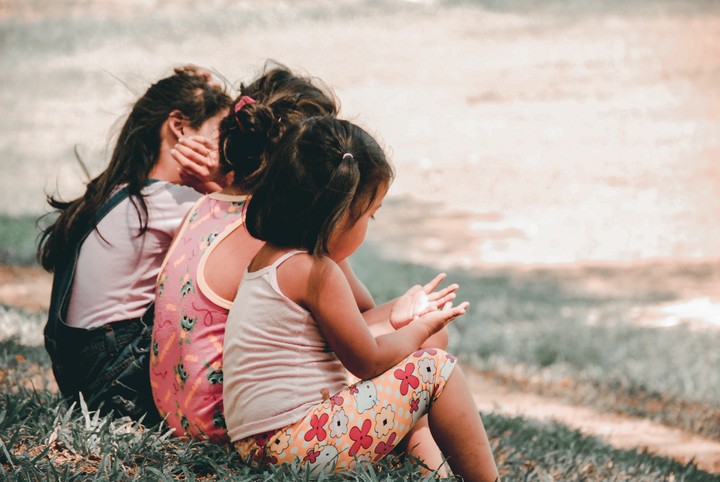(Peer) group influence on children's prosocial and antisocial behavior
 Image credit: Unsplash
Image credit: Unsplash
Abstract
This study investigates the influence of moral in- vs. outgroup behavior on 5-6 and 8-9-year-olds’ own moral behavior (N=296). After minimal group assignment, children in Experiment 1 observed adult ingroup or outgroup members engaging in prosocial sharing or antisocial stealing, before they themselves had the opportunity to privately donate stickers or take away stickers from others. Older children shared more than younger children, and prosocial models elicited higher sharing. Surprisingly, group membership had no effect. Experiment 2 investigated the same question using peer models. Children in the younger age group were significantly influenced by ingroup behavior, while older children were not affected by group membership. Additional measures reveal interesting insights into how moral in- and outgroup behavior affects intergroup attitudes, evaluations and choices.